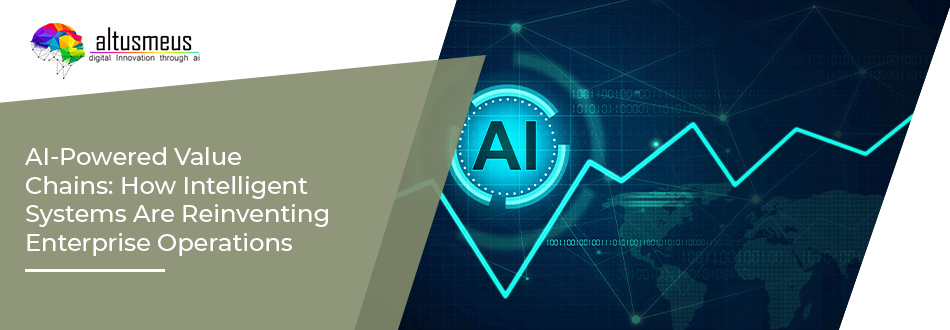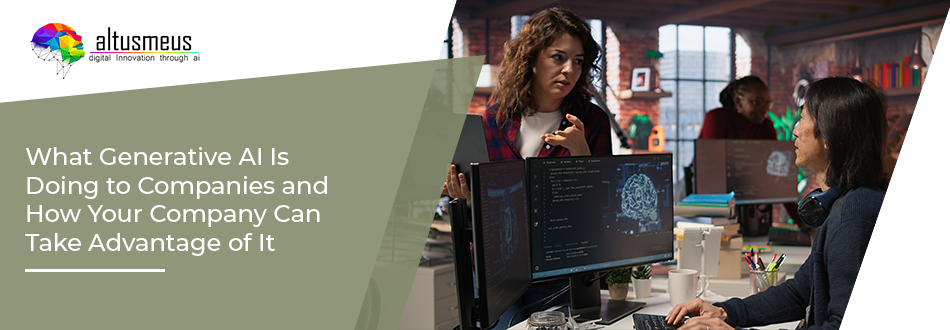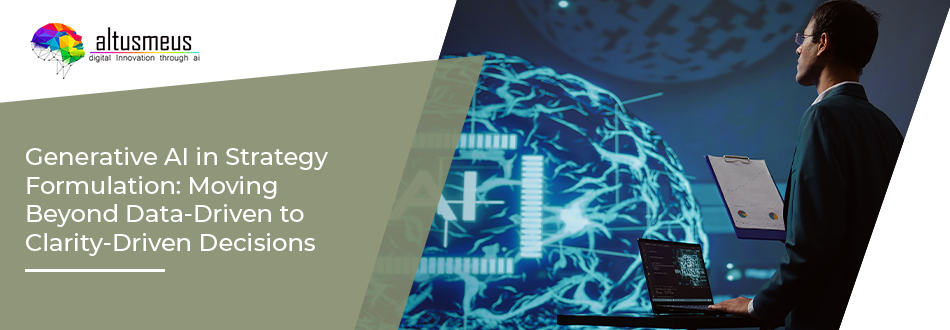In today’s hypercompetitive business environment, the efficiency and resilience of a company’s value chain can make or break its success. Traditional value chains, the sequence of steps from raw materials to finished products reaching customers, have always depended on human judgment, standard procedures, and historical data. While effective to a degree, this approach often struggles with complexity, unpredictability, and delays.
Enter AI. Intelligent systems are now transforming how enterprises manage their value chains, creating operations that are faster, smarter, and more adaptive. By combining predictive analytics, automation, and real-time data insights, AI is not just improving individual processes, it is reinventing the value chain itself.
The result? Enterprises can reduce errors, optimize resources, respond to market shifts in real-time, and deliver better value to customers.
How AI is Redefining Enterprise Value Chains
Predictive Supply Chain Management
One of the most impactful applications of AI in value chains is predictive supply chain management. AI models analyze historical data, real-time market signals, and external factors such as weather, geopolitical events, or transportation disruptions to forecast demand accurately.
Example: Walmart uses AI-driven predictive analytics to optimize inventory levels across its thousands of stores. This allows the company to anticipate demand spikes, prevent stockouts, and reduce excess inventory, saving millions in operational costs annually.
Intelligent Procurement and Supplier Management
AI platforms can also streamline procurement by evaluating supplier performance, predicting risks, and suggesting optimal sourcing strategies. These systems reduce manual effort, increase transparency, and improve supplier collaboration.
Example: Siemens leverages AI to monitor supplier performance and detect early signs of potential supply chain disruptions. By acting on AI insights, they ensure critical components arrive on time and maintain production schedules.
Smart Production and Manufacturing
AI-enabled factories are no longer a distant concept. Intelligent systems now monitor production lines, detect anomalies, and recommend process optimizations in real-time. By combining sensors, IoT devices, and AI algorithms, manufacturers can reduce waste, enhance product quality, and improve throughput.
Example: General Electric (GE) uses AI to monitor turbines and jet engines, predicting maintenance needs before failures occur. This predictive approach reduces downtime, extends equipment life, and lowers operational costs.
Automated Logistics and Distribution
Transportation and distribution have traditionally been susceptible to delays and inefficiencies. AI optimizes route planning, delivery schedules, and warehouse management, enabling faster and more reliable logistics.
Example: UPS uses AI to optimize delivery routes based on traffic patterns, weather, and package volume. This smart routing reduces fuel consumption, shortens delivery times, and improves customer satisfaction.
Enhancing Decision-Making Across the Value Chain
Beyond specific functions, AI empowers executives with actionable insights that improve strategic decision-making. By integrating data from finance, operations, sales, and customer feedback, AI can simulate scenarios, quantify risks, and recommend optimal actions.
Example: Amazon uses AI to balance inventory allocation, supplier contracts, and pricing decisions across its global network, ensuring products reach customers efficiently while maximizing profitability.
Key Benefits of AI-Powered Value Chains
- Increased Efficiency: Automated processes reduce human errors, accelerate workflows, and optimize resource allocation.
- Improved Accuracy: Predictive analytics ensure better forecasting and fewer operational surprises.
- Enhanced Agility: AI enables rapid response to market shifts, supplier disruptions, and changing customer demands.
- Cost Reduction: Optimized operations reduce wastage, labor costs, and inventory overhead.
- Better Customer Experience: Faster deliveries, higher-quality products, and responsive services improve satisfaction and loyalty.
How Genesis NGN Helps Enterprises Harness AI for Value Chains
At Genesis NGN, we specialize in helping enterprises transform their operations with AI-driven solutions that optimize value chains end-to-end:
- Strategic AI Integration: We identify high-impact areas across your value chain where AI can deliver measurable results.
- Custom AI Solutions: From predictive maintenance to smart procurement, we build solutions tailored to your operational needs.
- Data and Analytics Enablement: We create robust data pipelines, dashboards, and decision-support systems to ensure AI insights are actionable.
- Workforce Empowerment: Our AI platforms complement human expertise, helping teams make faster, more informed decisions.
- Scalable Infrastructure: Solutions are built to grow with your business, integrating seamlessly with existing ERP, CRM, and logistics systems.
By combining deep technical expertise with business insight, Genesis NGN ensures AI investments translate into tangible improvements in efficiency, agility, and profitability.
Conclusion
AI-powered value chains are no longer a futuristic concept, they are the new standard for enterprise success. By intelligently integrating AI into supply chains, manufacturing, logistics, procurement, and decision-making, companies can achieve unprecedented efficiency, accuracy, and agility.
The enterprises that embrace AI not only stay competitive, they redefine what it means to deliver value. With the right strategy, platforms, and partners like Genesis NGN, businesses can unlock the full potential of AI, turning their value chains into intelligent, self-optimizing engines of growth.




